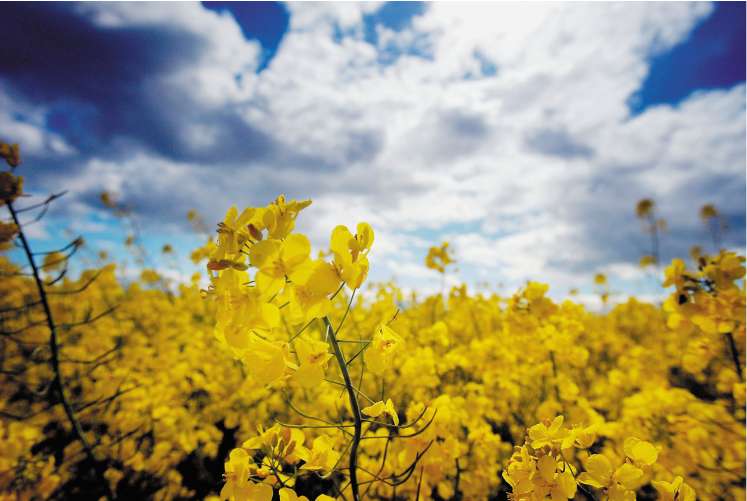Natural England warns Brown of dangers in promoting GM crops

Gordon Brown and the Government are today given a blunt warming about their new enthusiasm for genetically-modified crops and food by the head of the Government's own countryside and wildlife agency.
In a letter to The Independent, Sir Martin Doughty, the chairman of Natural England, cautions against "rushing headlong to embrace GM crops as the solution to rising food prices". He says they can cause harm to wildlife, and there is little evidence that the present generation of biotechnology crops will help in reconciling surging global food demand with protecting the environment. His letter is a direct shot across the Government's bows, and a response to its reopening of the GM debate last week, with ministers from Mr Brown down indicating that the time has come for Britain and Europe to relax GM restrictions in the face of the new concern about world food supplies and prices.
Natural England's predecessor body, English Nature – of which Sir Martin was also chair – which first raised the alarm about the damage the available suite of GM crops, mainly engineered to be tolerant of powerful weedkillers, could do to wildlife on British farmland. That concern led to the official farm-scale evaluations of GM beet, oilseed rape and maize, which reported in 2003 that the weedkillers used with the first two were far more damaging to wildlife than conventional herbicides.
The GM maize regime was found to be less damaging, although the conventional weedkiller it was compared to, atrazine, was itself so harmful it was later banned in the EU.
English Nature's stubbornness in insisting on the trials did not please the Government, not least because Tony Blair was a committed advocate of GM technology. Mr Brown will find the intervention of Sir Martin, a Labour politician from Derbyshire, just as unwelcome.
"We need to be mindful of the lessons of the past before rushing headlong to embrace GM crops as the solution to rising food prices," Sir Martin writes. "The evidence of field-based trials on GM crops previously proposed for commercial release in England demonstrates that they can have a detrimental indirect impact on farmland biodiversity."
Natural England's own policy document, Biotechnology in the Natural Environment, will be put before its board for approval on Wednesday. It says: "Because GM can be used to develop organisms with radically different properties, we are particularly concerned about potential impacts on biodiversity that could be caused by changes in crop, tree or animal husbandry."
A massive reduction in farmland wildlife has accompanied the intensification of agriculture in the past 30 years.
Join our commenting forum
Join thought-provoking conversations, follow other Independent readers and see their replies
Comments
Bookmark popover
Removed from bookmarks